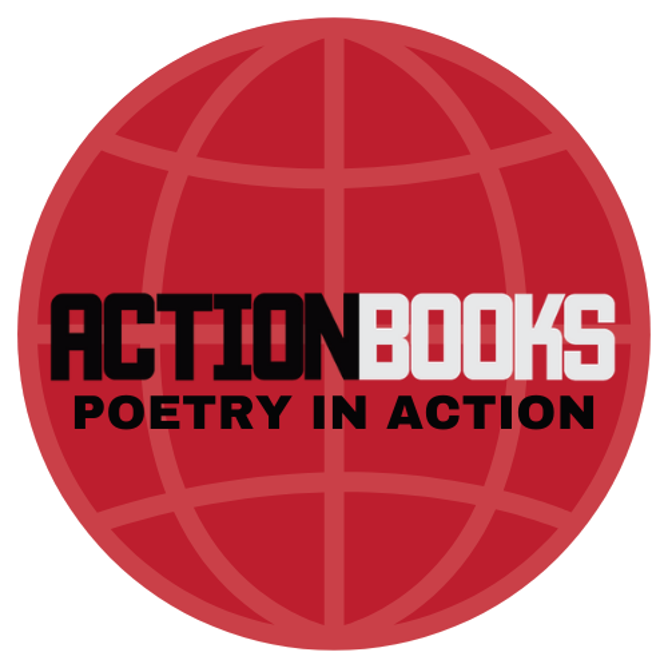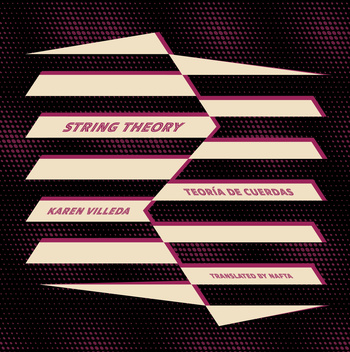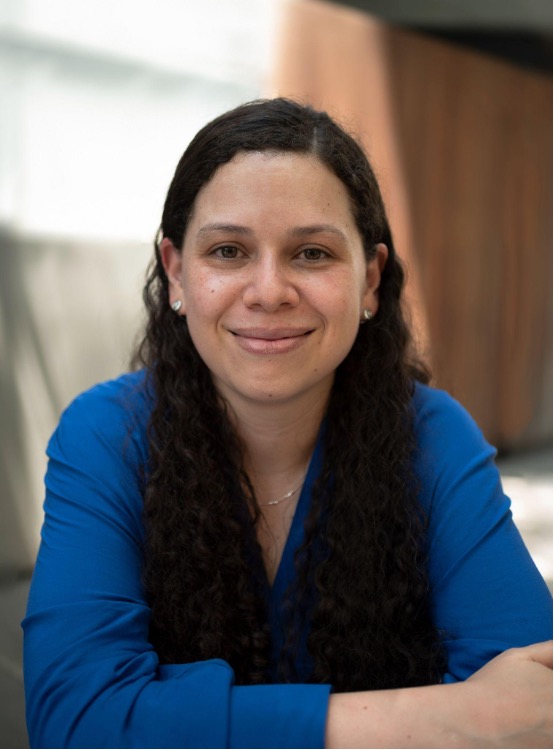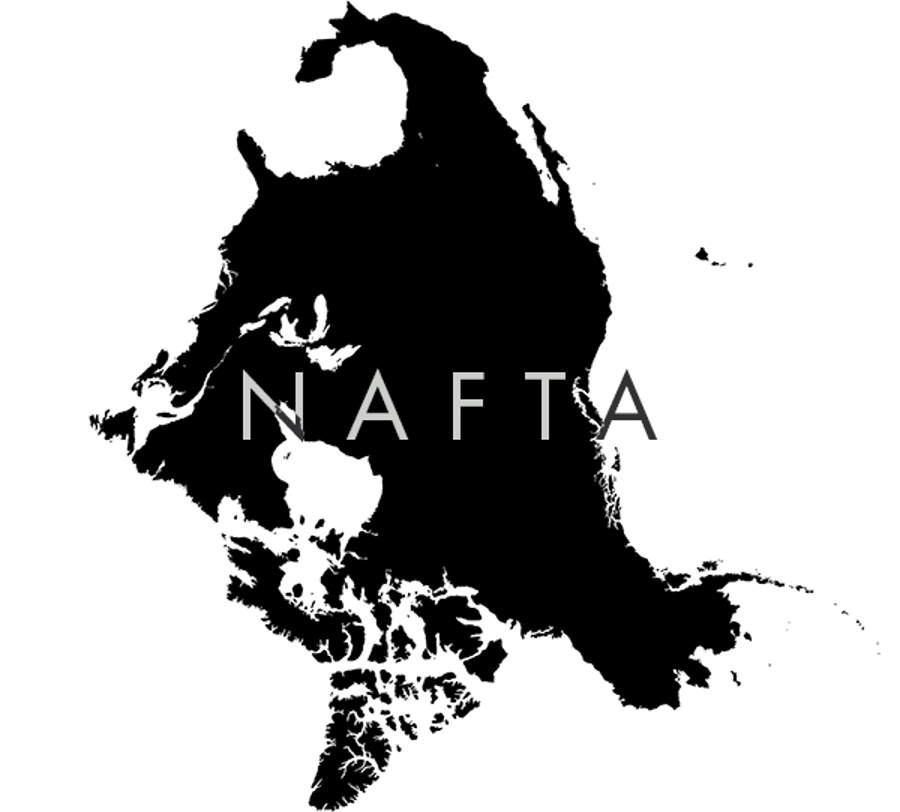
poetry in action features work by poets from around the world, translated into English.
NOW MORE THAN EVER:
Poets of the world, unite and take over!
Resist the oppressive constraints of good, publishable poetry established by mainstream literary venues!
Only poetry in translation, all the time!
Coming at you around the 20th of each month.
poetry in action #42
from STRING THEORY by Karen Villeda
Translated by NAFTA
 String Theory is now available for preorder, via Cardboard House Press and Asterism Books, and will be published on March 4, 2025
String Theory is now available for preorder, via Cardboard House Press and Asterism Books, and will be published on March 4, 2025
translators’ note
This book-length autobiographical poem explores death through the intimacy of kinship and a shared name: the demise of the poet’s aunt, also named Karen, just after the author’s birth. A crucial ambiguity at the heart of this exploration is whether the aunt’s death by hanging was a suicide or a murder, and whether that distinction can truly be made in a context of recurrent gender-based violence. Despite the poet’s investigations—which the book documents, including interviews with family members and archival research—the question remains unanswered and unanswerable. Teoría de cuerdas won the Gilberto Owen National Literature Award in 2018.
///
They said: “She will be named after her” and I haven’t been her. It doesn’t make me transparent, I don’t recognize myself in the substance. To reject matter, to reap my unname in the bone marrow. Sonority surrounds me: “I’m not here” and there is a trace in the dismay. “I am not her” and the dread flanks me: The lungs lurk in my blood, we bolt with bitterness to the storm clouds. “I am not her” and the noises call me inside, inside and I’m dazzled by the inexistence of silence. Faith dialogs from the light and I don’t trust form. I am depth: Faith, don’t shine on me. Faith. I am the startle, the back of the hand on someone. I am the moan, the boiling, the sneeze, I am the over-there. I am the artesian well, the kestrel’s pertinence, I am tongue. I am the intestines and the foot inside, inside of someone. “I am not of me” and I remember my mother giving birth (I was only someone’s “for” nine inexact months). “I am not of me” and I don’t know how to name things, things like the body I can barely reach and recognize in the rope and the footstool. “Intestines” is an image, the foot is not to trespass in the blackness. “I am not of me” and this place is the word: intestines and foot in the vileness of possession, of bone marrow.
Before being born? I may have been A droning or an insufficiency or a moisture that wasn’t
dampness but a circle, rolling, I being wheel, moving
my mother’s duodenum, I being wheel I am not center, I fall apart in my
mother’s navel, in her embers and in the scars that will not heal, that aren’t
scars of depth but of form and that are written as “illegible.”
Dijeron: “Se llamará como ella” y no he sido ella. No me transparenta, no me reconozco en la sustancia. Reherir la materia, segar mi desnombre en el tuétano. Me ronda la sonoridad: “No soy ella” y hay un trazo en la consternación. “No soy ella” y el pavor me custodia: El pulmón subyace en mi sangre, nos desbocamos con amargura hacia la cerrazón. “No soy ella” y los ruidos me llaman adentro, adentro y me deslumbra la inexistencia de silencio. La fe dialoga desde la luz y no confío en la forma. Soy el fondo: Fe, no me alumbres. Fe. Soy el respingo, el dorso de la mano sobre alguien. Soy el gemido, el hervor, el estornudo, soy allá. Soy el pozo artesiano, la pertinencia del cernícalo, soy lengua. Soy los intestinos y el pie adentro, adentro de alguien. “No soy de mí” y recuerdo a mi madre dando a luz (sólo fui de alguien “durante” nueve inexactos meses). “No soy de mí” y no sé nombrar las cosas, cosas como el cuerpo que apenas tengo al alcance y reconozco en la cuerda y el taburete. “Intestinos” es una imagen, el pie no es traspasar en la negrura. “No soy de mí” y este lugar es la palabra: intestinos y pie en la vileza del tener, del tuétano.
¿Antes de nacer? Tal vez fui Un zumbido o una insuficiencia o una humedad que no
era humedad sino círculo, rodando, yo siendo rueda, moviendo el
duodeno de mi madre, yo siendo rueda no soy centro, me desplomo en el
ombligo de mi madre, en su rescoldo y en las cicatrices que no cierran, que no son
cicatrices de fondo sólo de forma y que se escriben como “ilegible”.
///
Something or someone is the digression of a person. A fracture. This rope and latch. The room was
crammed full. A repetition of headstones, that’s her. “It’s time to abandon her.”
This side of death. “I couldn’t stand the humanity of your body.” She was replete with secretions.
I will still plunge my thumb in to complete a cycle, to perpetuate she who is breaking us without
annihilating the constancy of her (bad) memory. “The dead little girl.”
Algo o alguien es la digresión de la persona. Una fractura. Esta cuerda y el picaporte. La
habitación estaba atiborrada. Una repetición de lápidas, eso es ella. “Es hora de abandonarla”.
Este lado de la muerte. “No soporté la humanidad en tu cuerpo”. Estaba repleta de secreciones.
Todavía hundiré un pulgar para completar un ciclo, para perpetuarla a ella que
nos está quebrando sin aniquilar la constancia de su (mal) recuerdo. “La muertita”.
///
I dream her and she is toothless.
—Unto the dead what is the dead’s.
—Unto the bone what is the bone’s.
—Unto you what isn’t yours.
La sueño y está desdentada.
—A los muertos lo que es de los muertos.
—Al hueso lo que es del hueso.
—A ti lo que no es tuyo.
///

Karen Villeda (Tlaxcala, Mexico) has published seven collections of poetry, three non-fiction books, and three children’s books. Her work has been recognized with over fifteen literary prizes, including the 2018 Gilberto Owen Prize, and has been translated into several languages. Learn more at POETronicA (www.poetronica.net), her multimedia website. Photo credit: Andrea Martínez

NAFTA – collective bio
The North American Free Translation Agreement/No America Fraught Translation Argument (NAFTA), ratified in 2019, currently consists of three poets writing from the occupied territories of Canada, Mexico, and the United States: Whitney Celeste DeVos, Zane Koss, and Gerónimo Sarmiento Cruz.
GERO
Gerónimo Sarmiento Cruz is a scholar, translator, and poet born in Mexico City and residing in Lexington, KY, on the occupied lands of the Shawnee, Cherokee, Chickasaw, and Osage people.
ZANE
Zane Koss is a poet and translator living in Guelph, Canada. He is the author of Country Music (Invisible Publishing, 2025) and Harbour Grids (Invisible Publishing, 2022). He was born and raised on unceded Ktunaxa and Secwépemc land, and works as an arts administrator.
WHITNEY
Whitney DeVos is a scholar, translator, editor, and poet. Born on the ancestral lands of the Gabrielino-Tongva and Kizh Nation peoples, she lives in Mexico City.